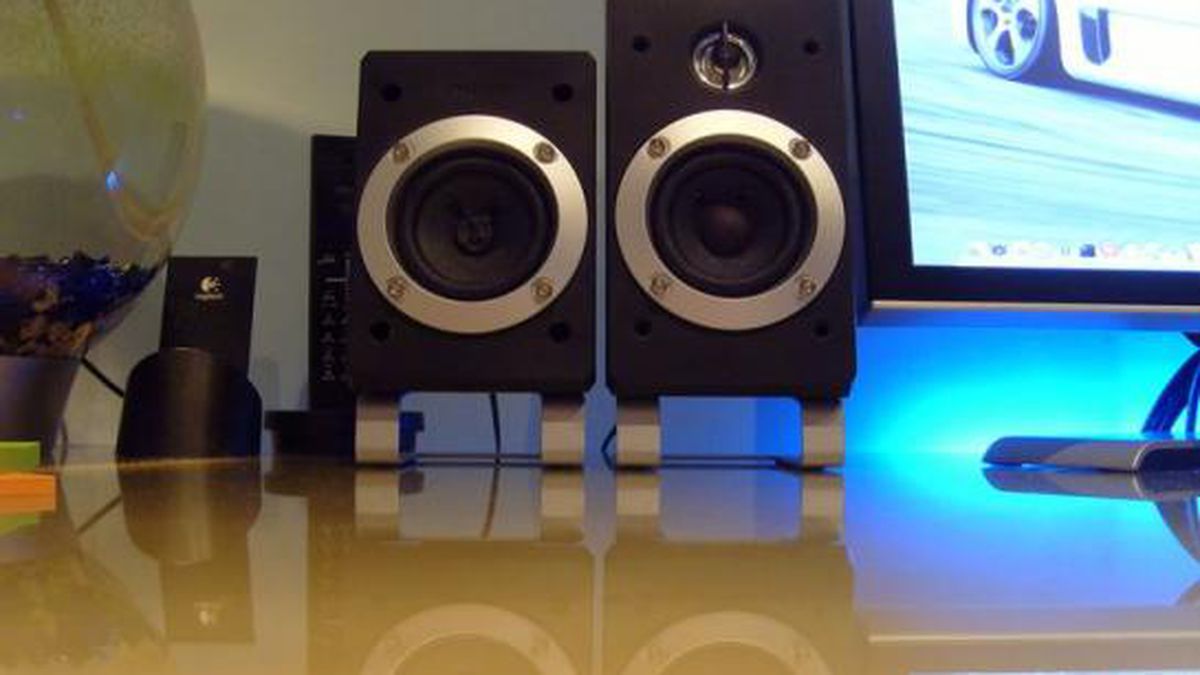To see if the problem is with the speakers, try connecting another device to your computer, such as headphones, earphones, or other speakers. Plug them into the same socket and check if the problem persists. If this is the case, then the cause may be damage to the amplifier diaphragm, and it needs to be replaced.
What could be the root of the problem?
Is the socket plug fully inserted?
Sometimes a jack that sits incorrectly is enough to make an annoying sizzle. To remedy this, remove the socket plug, and then insert it completely into the corresponding socket.
Is there a bad connection in the jack cable?
Over the years, socket cable damage often occurs. The result may be no sound or pop if there is a faulty connection. To solve this problem, try moving the jack cable in several places, in particular near the jack or a component (microphone, headphone controls, etc.). If the buzzes change or temporarily disappear, it is a faulty contact. You should then repair your jack cable.
Is the audio file corrupted?
Sometimes the audio file being played is the wrong one, causing pops. To identify this problem, it is very simple: all you have to do is start another MP3 file for playback, or another audio stream.
Is there any device nearby that is causing interference?
Many devices in your home generate waves and can interfere with speaker circuits. To fix this kind of problem, simply move the cell phones or WiFi antennas away from the humming speakers, or even turn them off completely.
Is the electric current of poor quality?
Even more annoying, if your speakers crack, it may be due to a malfunction in the electrical circuit of your home. To be sure, unplug your computer from the power outlet and use it on its battery to play audio files. If the buzzing is interrupted, the problem may be with poor quality of the electric current. It may be necessary to hire an electrician!
Is there a problem with the sound card?
If none of these diagnostics are found to be correct, the problem may still be caused by a defective sound card… You should still update the sound card drivers and look for a solution on the manufacturer’s website.
Nomadic speaker, choice for all terrain
The buzzing problem may be caused by damage to the components or the speaker inside the device. Speakers are accessories that can be fragile, especially if you handle them often. If you want to move a speaker regularly to enjoy music in different places or in different conditions, you can choose a portable speaker to take with you. Admittedly, this type of model is not designed to connect to a computer in a wired way, but it saves you cable troubles. Additionally, laptops generally have a Bluetooth connection which makes them compatible with portable speakers. Therefore, investing in this type of device is not a bad idea! By referring to our portable speaker buying guide, you can provide yourself with a quality reference with Bluetooth connectivity and good battery life.

“Certified gamer. Problem solver. Internet enthusiast. Twitter scholar. Infuriatingly humble alcohol geek. Tv guru.”





